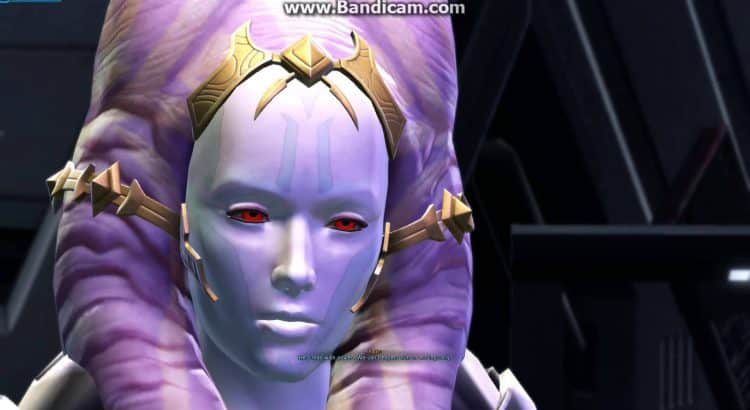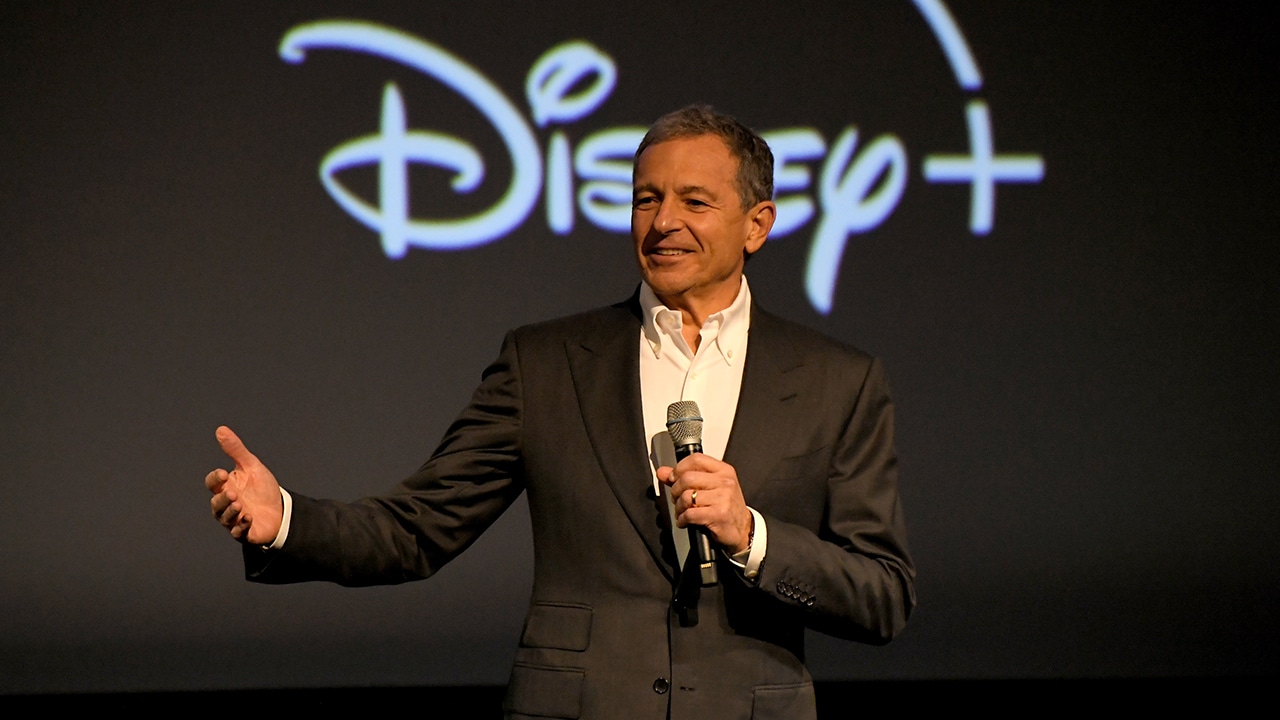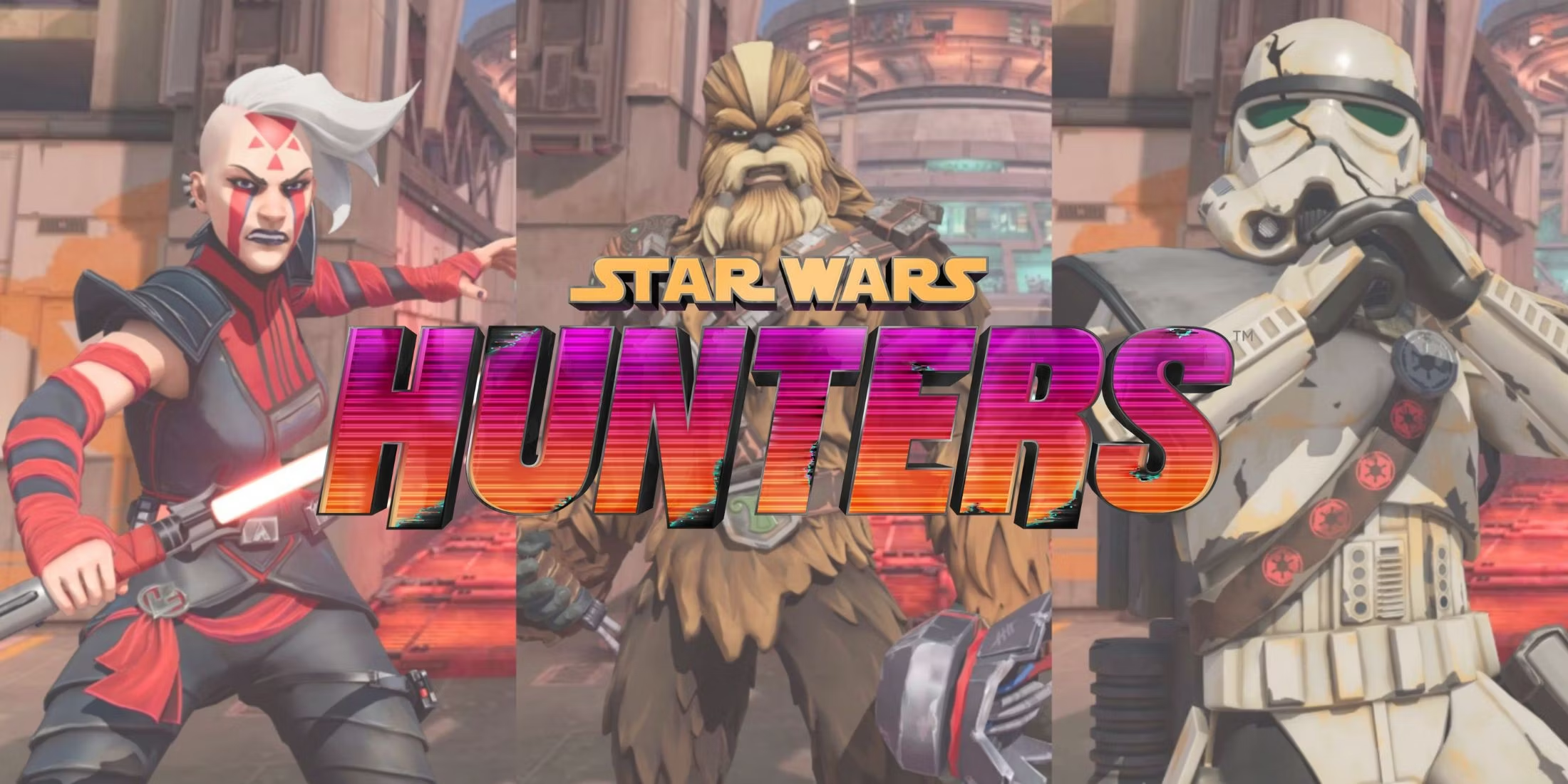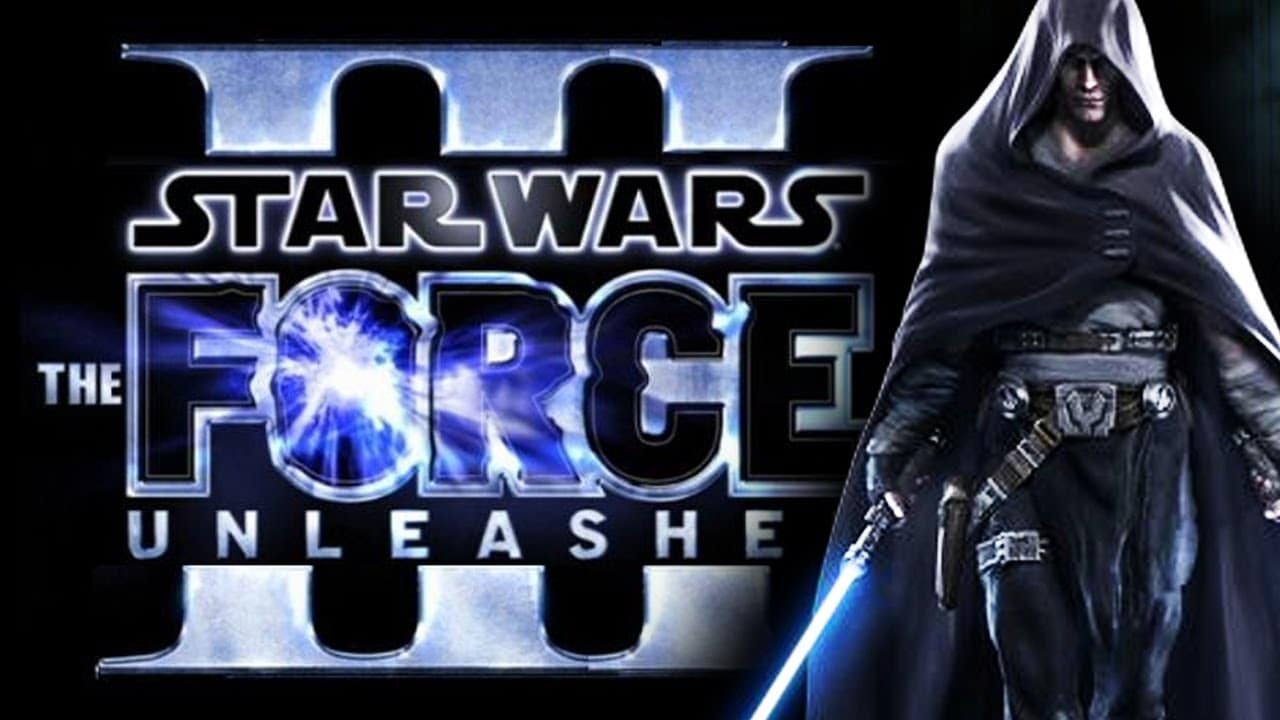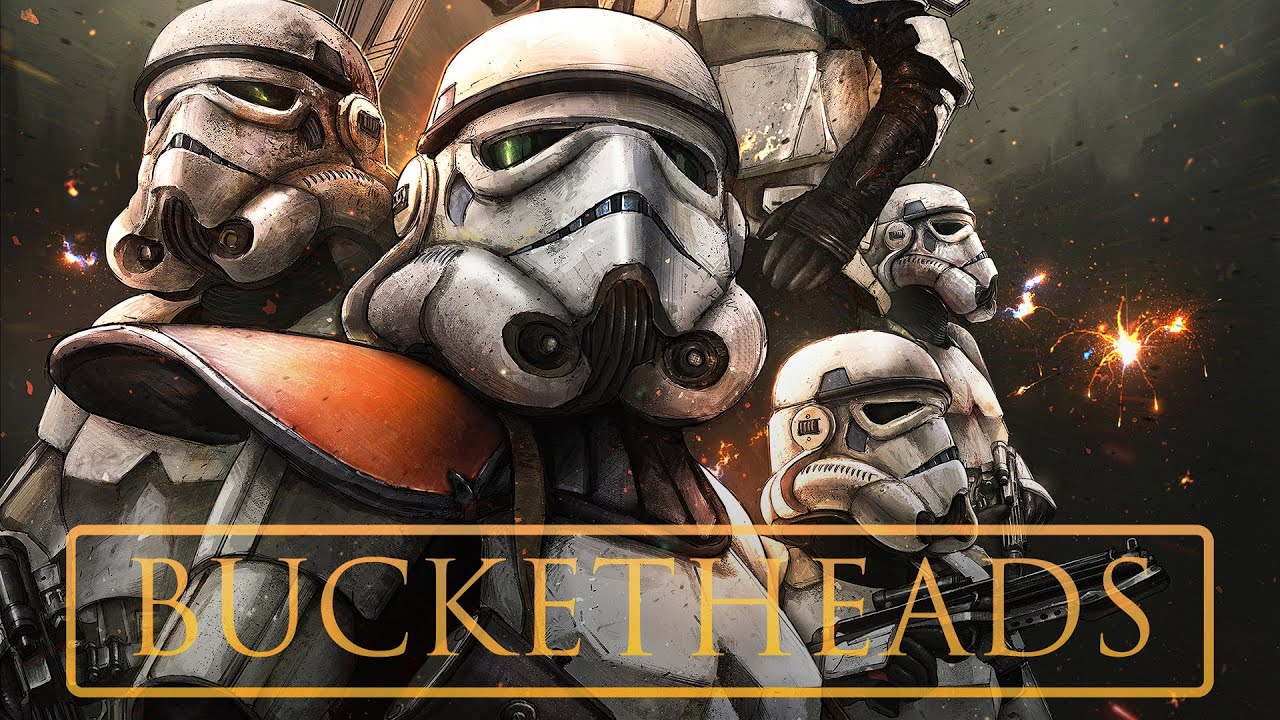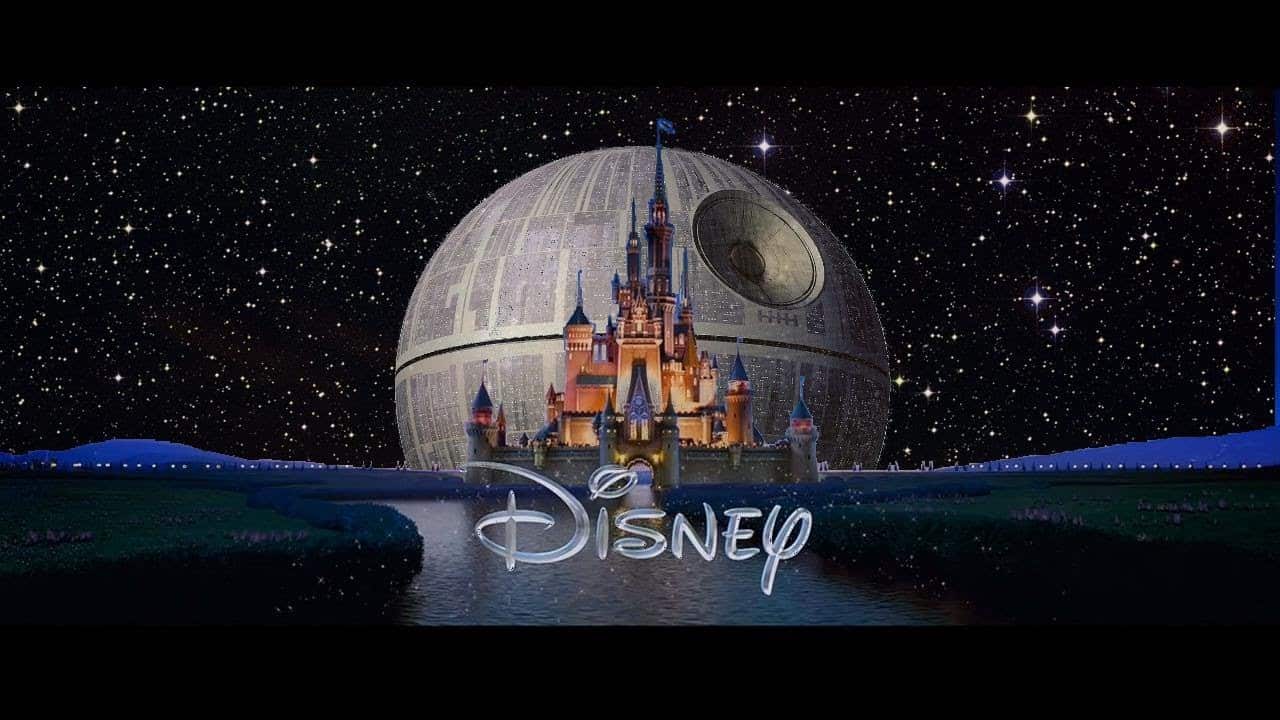Star Wars: The Old Republic (SWTOR) is a massively multiplayer online role-playing game (MMORPG) that has captivated players with its immersive storytelling, dynamic characters, and intricate in-game economy. One unique aspect of SWTOR’s gameplay is its incorporation of gambling elements, which have a significant impact on the game’s economy. This article delves into how gambling influences the value of rare items, the market for these items, and the overall in-game economy.
The Intersection of Gambling and SWTOR’s Economy
In SWTOR, players can participate in virtual casinos and gamble with in-game currency, known as credits. Additionally, the game features loot boxes, which players can purchase with real or in-game currency for a chance to obtain rare and valuable items. These gambling elements have a profound effect on the in-game economy, influencing the value and market for rare items.
Value of Rare Items
The value of rare items in SWTOR is significantly influenced by the gambling elements. The rarity and desirability of items obtained through gambling, such as those from loot boxes, can drive up their value. This is because the random nature of loot boxes means that obtaining a specific rare item can be difficult and unpredictable, making these items more valuable when they do appear.
The Market for Rare Items
The market for rare items in SWTOR is also heavily influenced by gambling. Players who obtain rare items through gambling often sell them on the in-game market for a high price, knowing that other players are willing to pay for the chance to own these items without having to rely on the randomness of loot boxes or casino games.
This creates a dynamic market where prices can fluctuate based on the rarity and desirability of items, as well as the willingness of players to engage in gambling. It also leads to a secondary market where players can trade or sell these items for real-world money, further blurring the line between the virtual and real-world economies.
Impact on the Overall In-Game Economy
The gambling elements in SWTOR have a broader impact on the overall in-game economy. They can lead to inflation, as players who win big at the virtual casinos or get lucky with loot boxes can suddenly inject a large amount of credits into the economy. This can devalue the currency and lead to higher prices for items, affecting all players, not just those who participate in gambling.
Conclusion
The inclusion of gambling in SWTOR adds an element of excitement and unpredictability to the game, but it also has significant implications for the in-game economy. It influences the value of rare items, creates a dynamic market, and can lead to broader economic issues like inflation. As players, understanding these impacts can help us make informed decisions about our participation in gambling and our approach to the in-game economy. As developers, considering these impacts is crucial in creating balanced and fair gameplay.


